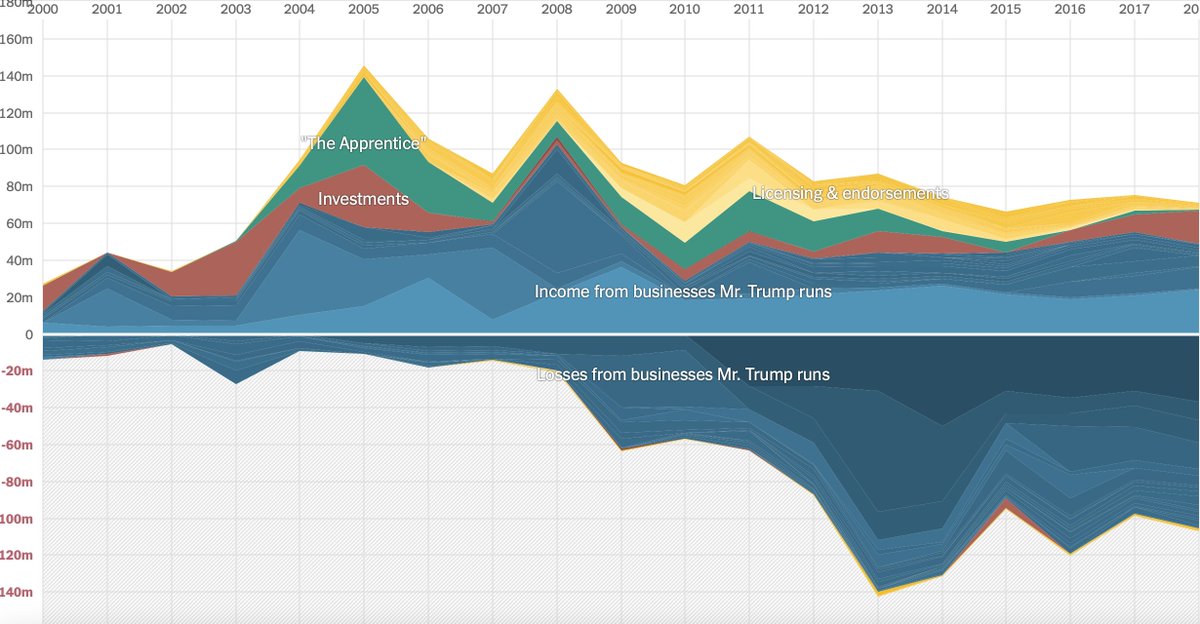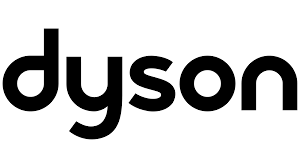Mollyycolllinss Categories Business
7 days
30 days
All time
Recent
Popular
Looks like we need to spend some time talking about the Parler lolsuit against Amazon and why it's deader than a Mitch McConnell comedy special. They've brought three claims - antitrust, breach of contract, and tortious interference. None will survive. Here's why
Here's the meat of their intro: Amazon isn't being fair to us. They're holding us to a higher standard than Twitter - they say we allow violent content, but look what Twitter does!
There are a few problems with this approach. First, there's a factual problem: Twitter and Parler take very different approaches to moderation. Hell, *that's Parler's entire pitch.* So "we're the same as Twitter, why are you treating us different" isn't going to fly
ALSO, the hashtag was mostly people saying "these folks are calling to hang Mike
And ALSO also, did anyone notice any prominent right wingers complaining about losing tens of thousands of followers yesterday? You know why they did? Because Twitter has been active in deleting accounts that violate its TOS
Here's the meat of their intro: Amazon isn't being fair to us. They're holding us to a higher standard than Twitter - they say we allow violent content, but look what Twitter does!

There are a few problems with this approach. First, there's a factual problem: Twitter and Parler take very different approaches to moderation. Hell, *that's Parler's entire pitch.* So "we're the same as Twitter, why are you treating us different" isn't going to fly
ALSO, the hashtag was mostly people saying "these folks are calling to hang Mike
Five minutes of scrolling a search for #hangmikepence, a gallery: pic.twitter.com/40hsyJNK50
— Jawafawa (@jawafawa) January 11, 2021
And ALSO also, did anyone notice any prominent right wingers complaining about losing tens of thousands of followers yesterday? You know why they did? Because Twitter has been active in deleting accounts that violate its TOS
Today's Twitter threads (a Twitter thread).
Inside: Amazon warehouse union gets tech solidarity; and more!
Archived at: https://t.co/KYnbqjE9Ws
#Pluralistic
1/
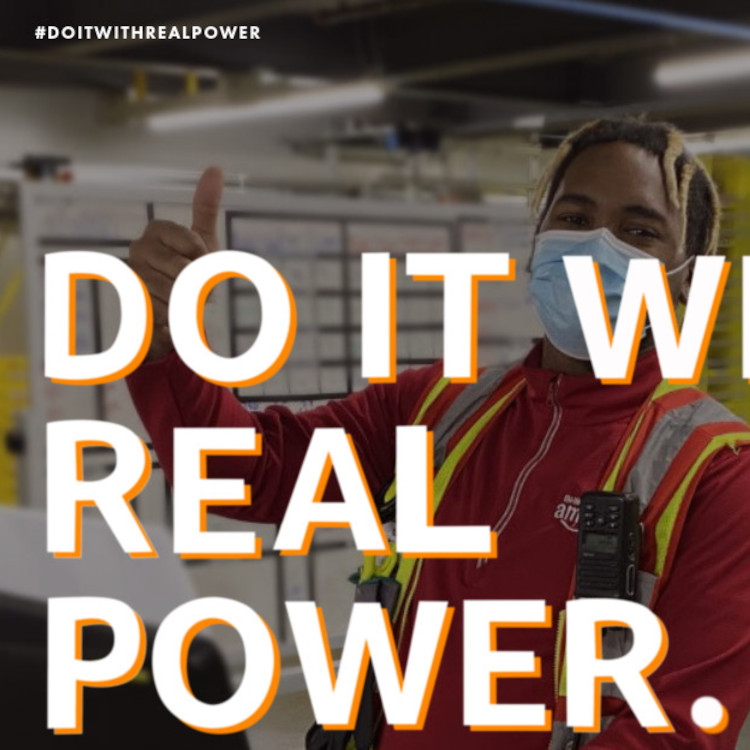
Amazon warehouse union gets tech solidarity: #DoItWithRealPower
https://t.co/cby43y3aaU
2/
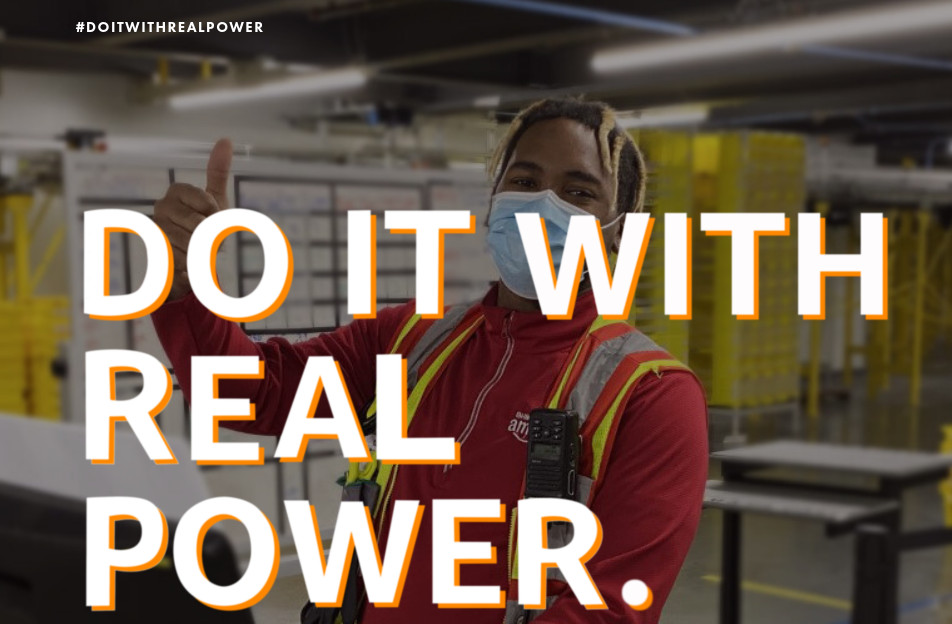
#15yrsago Mysterious birthday ritual at Poe’s graveside disrupted by rubberneckers https://t.co/16m4DbuG1h
#15yrsago Nutjob offers $100 bounty to UCLA students who wiretap lefty profs https://t.co/47JtauT8Vy
3/

#5yrsago Transreal Cyberpunk! Rudy Rucker and Bruce Sterling’s book of annotated, seminal cyberpunk fiction https://t.co/MTANIei5nB
4/

#5yrsago The Democratic Party’s SOPA-loving, Snowden-hating, Hillary-partisan power-broker has her first-ever primary challenger https://t.co/olMdn1u9Ey
#5yrsago Griefer hacks baby monitor, terrifies toddler with spooky voices https://t.co/m5VspAuXXa
5/

Inside: Amazon warehouse union gets tech solidarity; and more!
Archived at: https://t.co/KYnbqjE9Ws
#Pluralistic
1/

Amazon warehouse union gets tech solidarity: #DoItWithRealPower
https://t.co/cby43y3aaU
2/

While many Amazon warehouse workers in Europe have unionized, its brutalized, underpaid, routinely maimed US workforce remains tragically unorganized, thanks to the US's weak labor laws that make forming a union far harder than at any time since the Gilded Age.
— Cory Doctorow #BLM (@doctorow) January 19, 2021
1/ pic.twitter.com/b8ZnnC7y3T
#15yrsago Mysterious birthday ritual at Poe’s graveside disrupted by rubberneckers https://t.co/16m4DbuG1h
#15yrsago Nutjob offers $100 bounty to UCLA students who wiretap lefty profs https://t.co/47JtauT8Vy
3/

#5yrsago Transreal Cyberpunk! Rudy Rucker and Bruce Sterling’s book of annotated, seminal cyberpunk fiction https://t.co/MTANIei5nB
4/

#5yrsago The Democratic Party’s SOPA-loving, Snowden-hating, Hillary-partisan power-broker has her first-ever primary challenger https://t.co/olMdn1u9Ey
#5yrsago Griefer hacks baby monitor, terrifies toddler with spooky voices https://t.co/m5VspAuXXa
5/

After thinking on it over the weekend, I have a couple of thoughts about this panel (both a bit negative + a tad contrarian it seems, though maybe just among the 6 panelists):
1. A constant refrain I hear from public opinion researchers is that the public wants (& practitioners should focus on) public opinion polling on policy & political 'issues', not election / candidate polling
The argument is reminiscent of anti-fast food dietary rhetoric. People should / do want issue polls because this is the 'healthy' way to engage in public opinion as opposed to the "guilty pleasure" of election polling
I think people are drawn to election polling because who ends up being an elected official is insanely consequential to the lives of many Americans. Political leaders also help "determine" the ideological focus of our politics, especially among co-partisans
It makes sense that researchers love "issue polling". We are really deeply interested in politics and what the public thinks and it's repercussions on politics. It also adds important extra dimensions to our work, especially when elections aren't ongoing.
What is the future of public opinion polling? Register for tomorrow\u2019s live panel of #polling, #media, and #surveyresearch experts as they discuss what we can and should expect from #publicopinionpolls. https://t.co/6YHlSinIez @pete_enns @doug_rivers @jennagiesta @pollcat pic.twitter.com/Ucq9rSsFkX
— Roper Center (@RoperCenter) January 20, 2021
1. A constant refrain I hear from public opinion researchers is that the public wants (& practitioners should focus on) public opinion polling on policy & political 'issues', not election / candidate polling
The argument is reminiscent of anti-fast food dietary rhetoric. People should / do want issue polls because this is the 'healthy' way to engage in public opinion as opposed to the "guilty pleasure" of election polling
I think people are drawn to election polling because who ends up being an elected official is insanely consequential to the lives of many Americans. Political leaders also help "determine" the ideological focus of our politics, especially among co-partisans
It makes sense that researchers love "issue polling". We are really deeply interested in politics and what the public thinks and it's repercussions on politics. It also adds important extra dimensions to our work, especially when elections aren't ongoing.





















